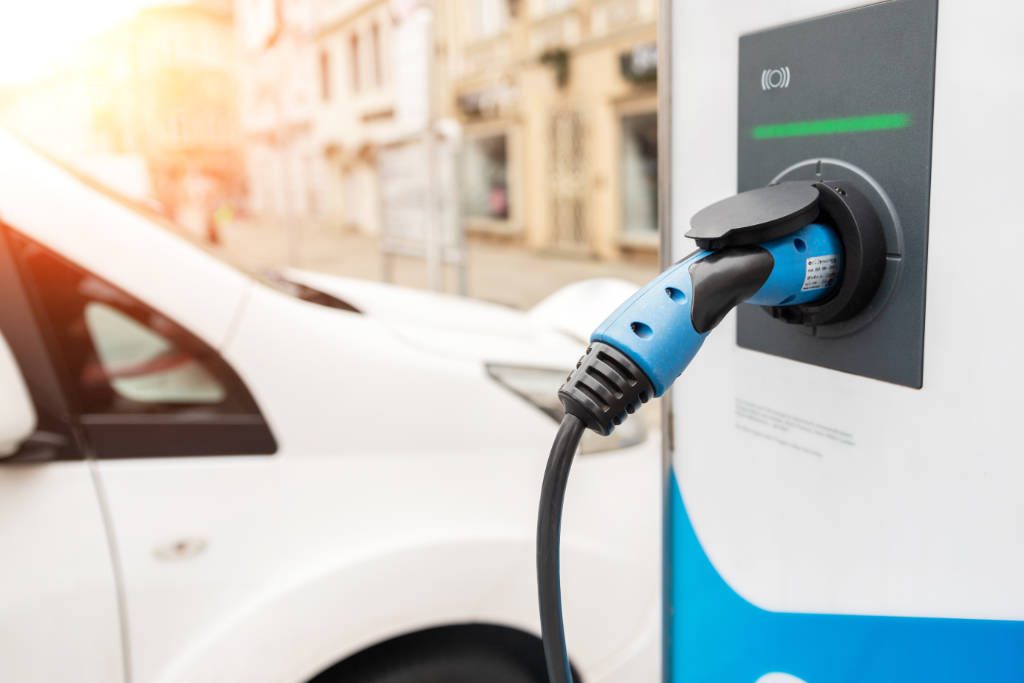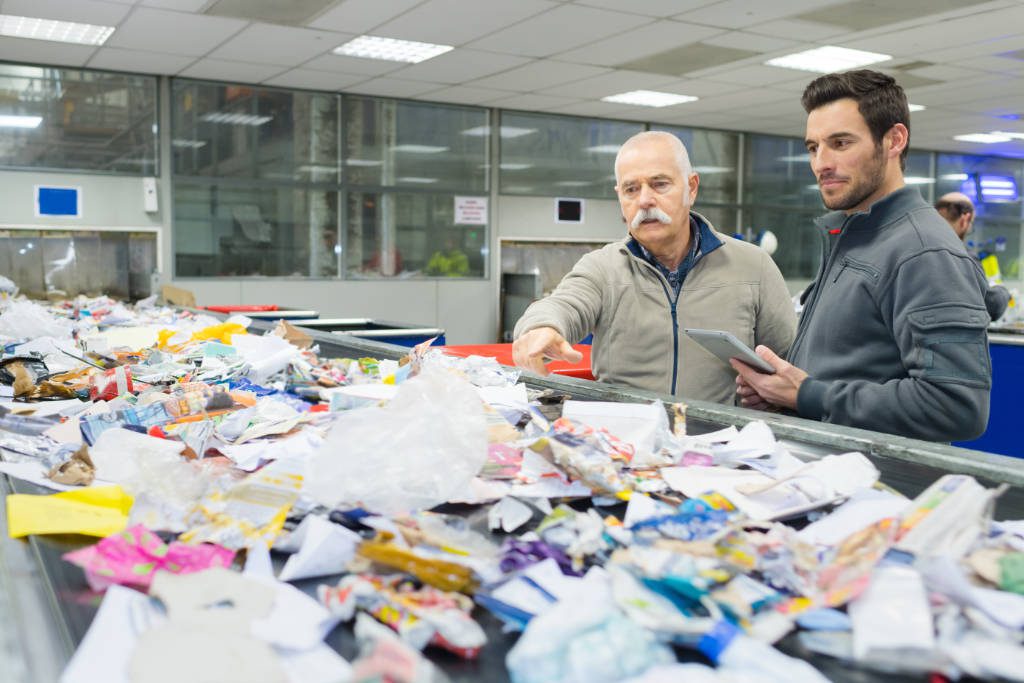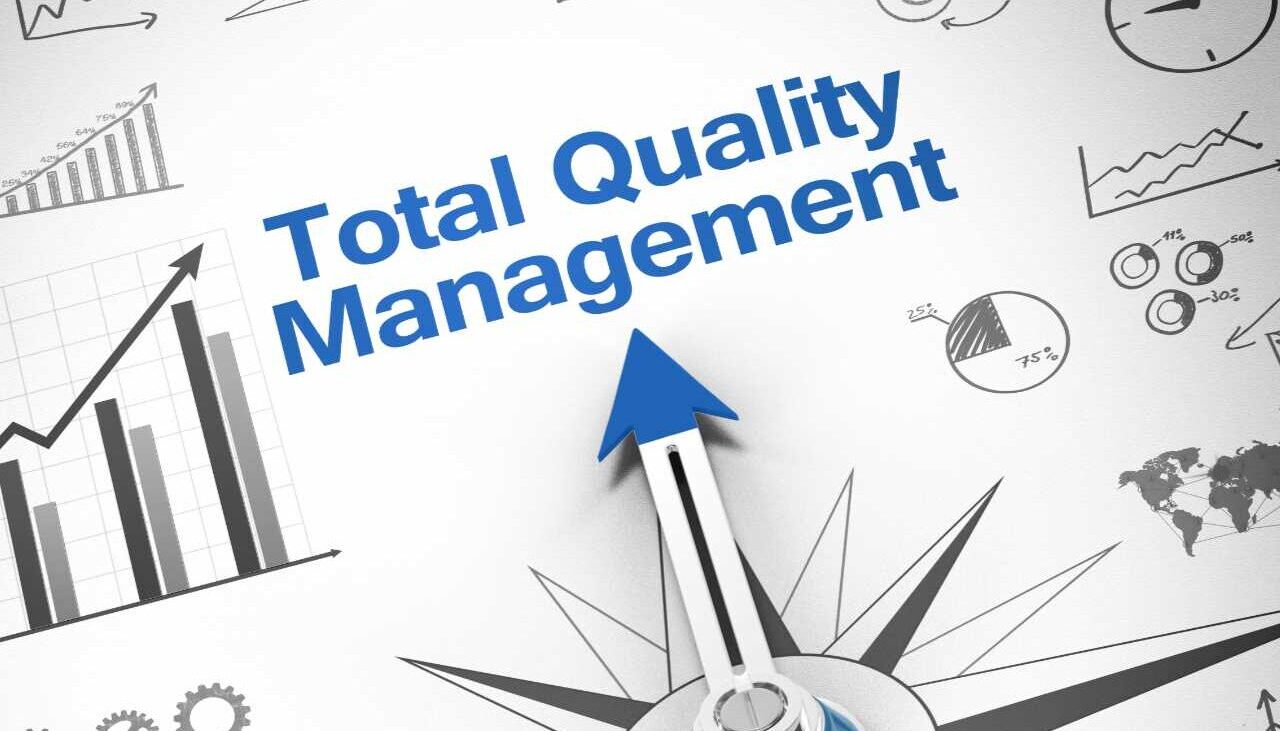Tackling the causes of climate change has become a priority for individuals and businesses alike. The Irish Government’s Climate Action Plan 2021 identifies the actions companies can take towards meeting its target of Ireland being a Net Zero nation by 2050. This plan includes reducing greenhouse gas (GHG) emissions by 51% by 2030.
In 2019, Ireland had the second-worst emissions of GHG per capita in the EU with 12.1 tonnes of CO2 per person. Ireland’s emissions were 53% higher than the EU28 average of 7.9 tonnes. This difference highlights the importance of the Climate Action Plan and the need to reduce carbon emissions and create a cleaner, greener environment, benefiting future generations.
Businesses in the Emissions Trading System (ETS) which includes large industries, electricity generators, and the aviation industry, are responsible for 20% of GHG emissions in Ireland. Introducing sustainable business practices and plans may significantly help towards the Ireland Net Zero 2050 goals and help ensure businesses operate in line with legislation.
Several ISO standards can demonstrate your organisation’s implementation of environmental and energy management systems, including ISO 14001 and ISO 50001. We offer certification in both ISO standards, as well as energy management and carbon budget training.
Climate Action Plan explained
The Climate Action Plan commits Ireland to a legally binding target of net-zero GHG emissions no later than 2050, and a reduction of 51% by 2030. Although the main focus is to reverse the effects of climate change, there are wider benefits. It creates new opportunities and jobs due to innovative sustainable practices, such as renewable energy, and encourages a cleaner, healthier lifestyle.
It also allows business premises and homes to be safer, warmer and more efficient. Likewise, organisations can seek investments and loans for their greener practices, improving their green credentials and opening new markets.
The action plan covers different sectors, including:
- Electricity
- Transport
- Buildings
- Industry
- Agriculture
Electricity
The electricity and energy industries are significant contributors to GHG emissions. As part of the Climate Action Plan, there will be an increased roll-out of renewable generation technologies (primarily solar and wind power). There will also be increased storage and distribution of zero-emissions gas.
Transport

Accounting for roughly 18% of Ireland’s 2020 carbon emissions, transport is one of the highest emitting sectors of the economy. The plan will focus on the electrification of vehicles and the use of biofuels. There’s also a focus on encouraging a modal shift to transport with lower energy consumption, such as public transport and active transport infrastructure, including walking and building more cycle lanes.
Buildings

The National Retrofit Plan aims to upgrade the energy performance of at least 500,000 homes and install 400,000 heat pumps in existing premises across Ireland to replace older, less efficient heating systems by end-2030. The government also aim to roll out district heating in cities and zero-emissions energy in commercial properties.
Industry
The industry plan includes accelerating the uptake of carbon-neutral heating and enabling electrification of high-temperature heating. The plan aims to eliminate GHG emissions that contribute to global warming and reduce the carbon in construction materials.
Agriculture
Plans for agriculture should see the increase of energy-efficient farming practices and activities such as afforestation (planting trees), forest management and bioenergy. It will also create biomethane business opportunities to reduce the need for harmful GHG and reduce the use of chemical fertilisers.
What does the Climate Action Plan mean for business?
Regardless of the size of your business, you’ll be expected to contribute to lowering emissions in line with the climate plan.
The changes you may take cover a range of options. From using renewable energy sources to offsetting your carbon emissions, every step you consider can help achieve the Climate Action Plan targets.
Implementing sustainable practices, activities and resources can also benefit your business, boosting your reputation with employees, customers and potential investors. Achieving certification in standards such as ISO 14001 and ISO 50001 certification can both help and reflect your business’s journey to Net Zero.
There are several actions your business can take towards contributing to the Climate Action Plan.

1. Measure your carbon footprint
The starting point for reducing your impact on the environment is to measure your business’s carbon footprint. This is the total amount of GHGs released into the atmosphere as a result of your business actions. The Carbon Footprint has an online calculator that allows you to calculate your business emissions.
2. Determine your ambitions
Once your business carbon footprint is calculated, you can set targets and create a strategy for reducing your GHG emissions. Implementing an energy management system that is ISO 50001 certified can help you establish sustainable practices for reducing energy consumption. Accreditation can enhance your business reputation and provide a competitive edge. If you’re interested in becoming ISO 50001 accredited, please contact us for more information.
3. Monitor your goals
Monitoring your business’s carbon footprint is essential for continuing to make progress in reducing emissions. Report and share your progress with customers, employees and investor to show your commitment to net-zero.

Implementing an environmental management system certified to the global ISO 140001 standard can help your business achieve sustainability goals. It also provides a framework for your business to measure and control its environmental footprint. ISO 14001 certification can act as an assurance to potential customers and investors as well as existing stakeholders that a business takes green issues seriously.
Report your environmental impact
Consider publishing a report on your business’s impact on the environment. Reports should include topics such as:
- carbon emissions
- waste and recycling
- water and energy use
- transport
Regular reports will allow you to see the impact of your changes and can be used to seek help from the government regarding additional funding. You can find various schemes and grants at Citizens Information.
Read our energy-saving tips to help do your bit for the planet.








